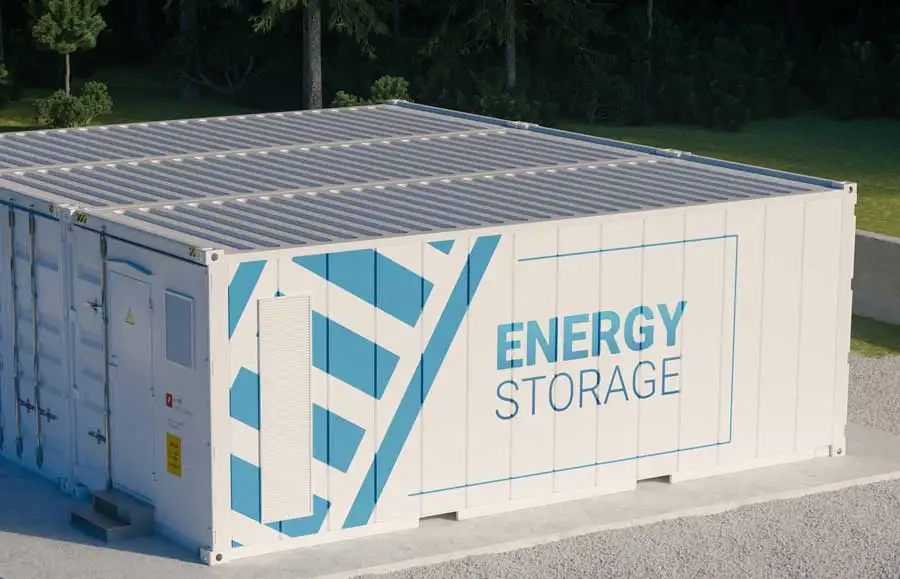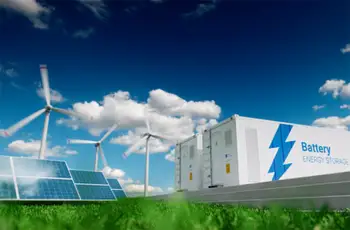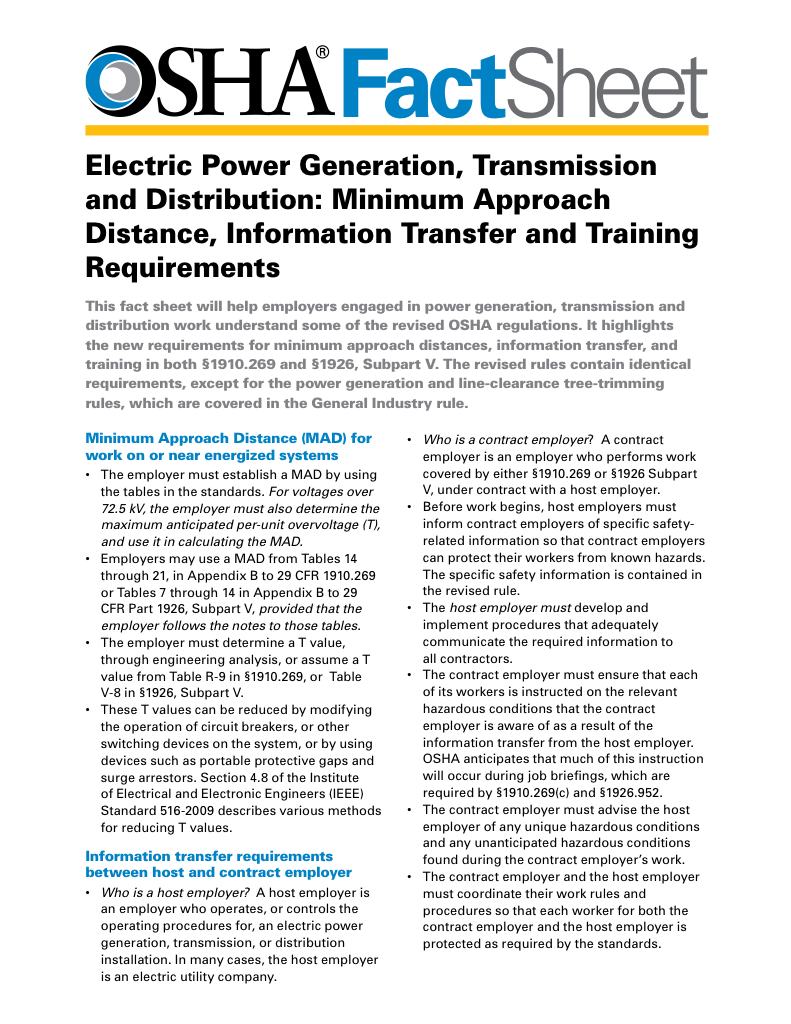Why is Energy Storage Important?
By R.W. Hurst, Editor

Energy Storage Systems Course
Our customized live online or in‑person group training can be delivered to your staff at your location.

- Live Online
- 12 hours Instructor-led
- Group Training Available
Download Our OSHA 3873 Fact Sheet – Minimum Approach Distance and Training Requirements

- Calculate MAD using voltage and overvoltage values
- Ensure proper communication between host and contract employers
- Meet OSHA training requirements for qualified electrical workers
Why is energy storage important? It enables grid reliability, renewables integration, peak shaving, frequency regulation, backup power, and microgrid resilience, optimizing power quality, reducing curtailment, and balancing supply-demand in electrical engineering systems.
Why Is Energy Storage Important?
It stabilizes the grid by integrating renewables, shaving peaks, improving power quality, and providing reliable backup.
✅ Integrates variable renewables; reduces curtailment and ramping stress
✅ Provides peak shaving, load shifting, and demand charge reduction
✅ Enhances grid reliability, power quality, and microgrid resilience
Why is energy storage necessary?
For readers new to the topic, this primer on what energy storage is offers helpful context for the discussion.
Energy storage is essential for several reasons. First, it helps to address the intermittency challenge inherent in many renewable energy sources, such as wind and solar. These energy sources are subject to natural fluctuations in supply, making it challenging always to meet the energy demand. Energy storage systems help to address this issue by storing energy when it is abundant and releasing it when it is needed, thus ensuring a more reliable and stable energy supply. In particular, advances in solar energy storage are enabling better utilization of daytime generation across evening demand windows.
Addressing seasonal variability also depends on progress in long-term energy storage capable of delivering multi-day resilience during prolonged low-renewable periods.
Second, energy storage can help to reduce our reliance on fossil fuels. By storing excess energy generated from renewable sources, we can use this energy to meet demand during peak times, reducing the need for fossil fuel-powered plants. This not only helps to reduce greenhouse gas emissions and combat climate change but also helps to reduce our dependence on finite resources and reduce energy costs. Understanding available energy storage fuel sources helps planners select technologies aligned with decarbonization goals and grid needs.
Electricity Today T&D Magazine Subscribe for FREE

- Timely insights from industry experts
- Practical solutions T&D engineers
- Free access to every issue
Third, energy storage can help to improve the stability and reliability of the electrical power grid. By smoothing out fluctuations in electricity generation and demand, energy storage can help to reduce the likelihood of power outages and blackouts. This is particularly important as our society increasingly depends on electricity for everyday activities, from powering homes and businesses to charging electric vehicles. For a deeper look at these interactions, see how energy storage and the grid reinforce reliability under variable demand conditions.
Finally, energy storage can help to reduce energy costs by reducing the need for new power plants and transmission and distribution infrastructure. By storing energy and releasing it when needed, energy storage can help reduce the need for expensive peak power plants, which are typically only used a few hours a day. Additionally, by reducing the need for new transmission and distribution infrastructure, energy storage can help lower the overall electricity cost for consumers. Many utilities are evaluating a hybrid energy storage system approach to balance fast response with longer-duration capacity for peak shaving.
Overall, energy storage is a critical technology for the transition to a clean energy future, helping to ensure a reliable and stable energy supply, reduce our dependence on fossil fuels, improve the stability and reliability of the electrical power grid, and reduce energy costs for consumers. Summaries of the core motivations can be found in this explainer on why we need energy storage for resilient, low-carbon power systems.




